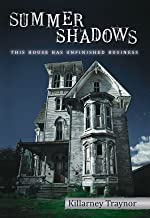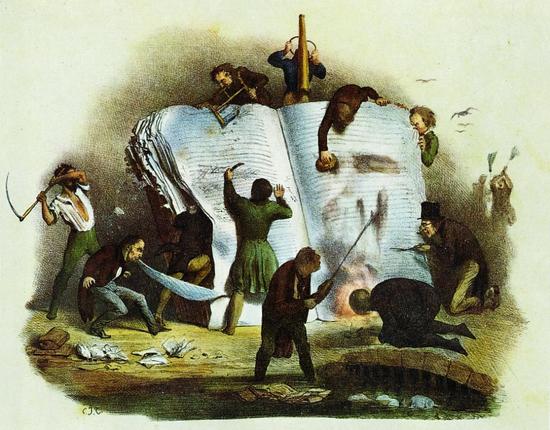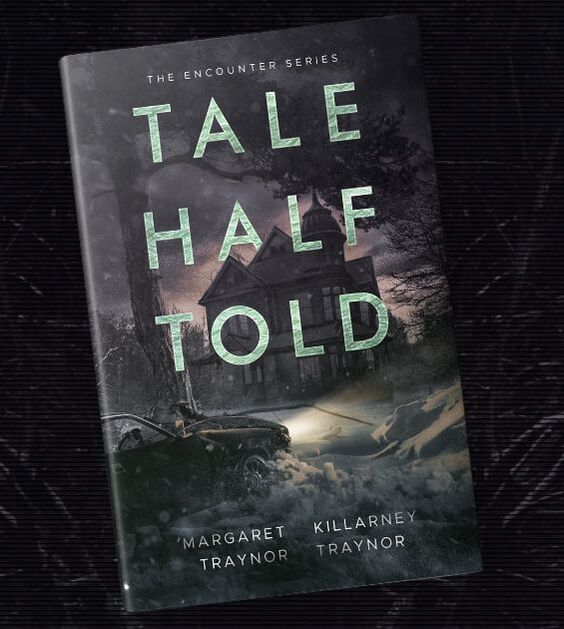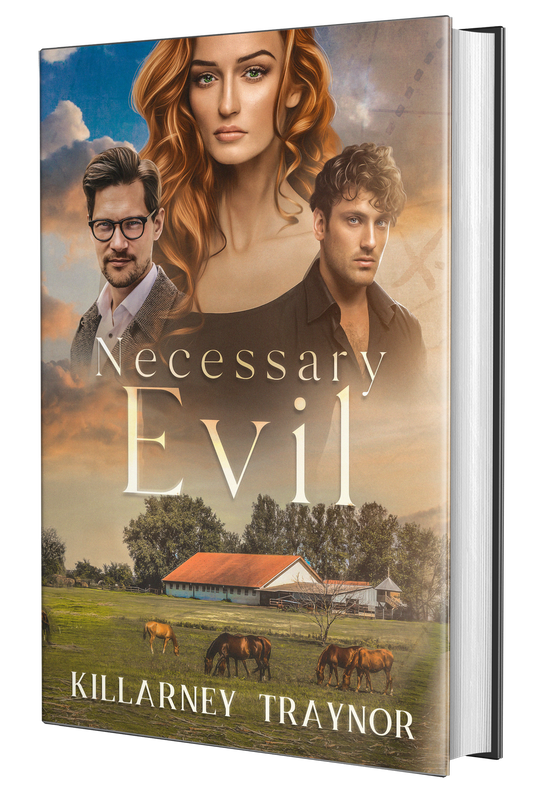|
Previously published, but worth repeating  "You weren't very fair to Miriam," the woman said, looking me straight in the face while her friends, arranged on the couch and surrounding chairs, made apologetic noises. "Julia was mean to her. After all, Miriam lost a son. She was grieving too." It was a lovely summer afternoon and I was at a book-club discussing Summer Shadows with a group of lovely local ladies. We were surrounded by coffee and tea and cookies and pleasant chatter, but this particular reader would not be sated with such offerings. She had her opinion and wanted to deliver it. When one of her friends nudged her, this woman turned and said, "We can all sit here and tell her (meaning me) nice things, but that won't help, will it?" And she was right. Without feedback, honest feedback, featuring both positive and negative points, I could never really improve as a storyteller. In order to grow in anything, its important to learn to accept critiques, to be told, honestly and without malice when you've a grammatical error, left a plot hole, or bored your audience to tears. You'll make no progress without hard work, but hard work without some kind of measurement is like trying to cross the Atlantic without a sextant. You might very well be half way to England, but how will you ever know? The problem with creative endeavors is that we always show them first to our friends and family and people whom we trust, who already like us, and, in general, think along the same lines we do. Your friends may give you honest feedback, but it will always be biased. My mother, for instance, loved the character of Ron in the first draft, but someone else found him unlikable. "He'll grow up into a real creep," she said. I was appalled, but understood when I reread the passages she pointed out: a few changes in dialog softened the character and made him easier to understand. That's not to say that negative feedback is more important than positive. It isn't: it carries the exact same weight. It was important to me to know that people liked Julia, because I didn't know if she was too nice, and it helped to know that people liked the progress of the romantic subplot. But only hearing the good creates an imbalance, encouraging the belief that I am a better story-teller than I actually am. A healthy balance of considered opinion is absolutely necessary to make progress. Writing is an art and art demands an audience. Just like stage actors both give and take cues from the audience, writers, musicians, and painters can take the feedback they're given and use it to build better stories, songs, and paintings. All it takes humility, common sense, the ability to listen, and wisdom (I hope to have the first three, but can't really claim the fourth). In Summer Shadows, Miriam is a difficult character, whose value systems are different the others, and her overbearing manner makes her easy to dislike. But as my reader, a mother and grandmother herself, expounded on her point, I suddenly saw Miriam through different eyes. She wasn't just a rich woman who liked to have her own way: she was a grieving mother who had been distanced from her grandchildren by a stubborn woman, too young and single to properly raise them. Although Miriam was wrong to push her agendas on her family, Julia in particular, there was genuine hurt that I hadn't really considered before. This is not to say that I could or would change how I wrote the character of Miriam. Within the story, she's part of the tension that spurs Julia to make certain decisions and changing her would really affect the story arc, (not to mention that the book is long enough without adding the full development of yet another character), but this view was instructive, reminding me, once again, of the risks of the one-dimensional character, even one who is by necessity. When I thanked the woman for her honesty, she shrugged it off. She's never been afraid to give her opinion. But she thought I ought to know. "In case you do a sequel," she said and her eyes lit up. "You can have the wedding in that book!"
0 Comments
Your comment will be posted after it is approved.
Leave a Reply. |
The BlogWelcome to Categories
All
|
Copyright © Killarney Traynor
All Rights Reserved.
No part of this website may be reproduced without
the Owner's express consent. [Backlinks allowed.]
All Rights Reserved.
No part of this website may be reproduced without
the Owner's express consent. [Backlinks allowed.]



